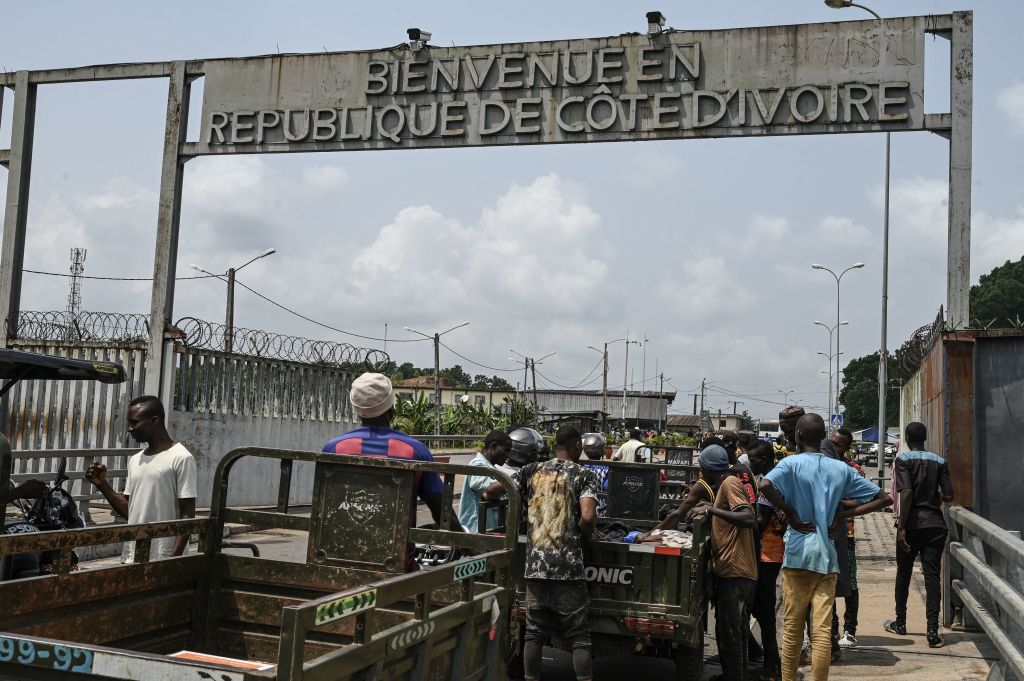ADF STAFF
After years of fighting terrorism in the Sahel, experts say one counterterror tool has been badly neglected: economic development.
Job creation and economic growth can address the grievances of people who feel ignored by their governments as well as provide young people with hope for the future, according to Mutaru Mumuni Muqthar, executive director of the Ghana-based West Africa Center for Counter-Extremism.
“High levels of youth unemployment, poverty, and limited access to education and economic opportunities can create a sense of hopelessness and frustration,” Muqthar wrote on his group’s website. “Extremist groups may exploit these grievances by offering financial incentives, employment opportunities, or social services to recruit vulnerable youth.”
Terrorists take advantage of vulnerabilities in society and often turn grievances, such as high unemployment or poor government services, into violence against local populations, according to Muqthar.
Social and economic development policies, on the other hand, contribute to the expansion of a new middle class in communities that have traditionally lent support to terrorist groups, according to Rand Corp. researchers Kim Cragin and Peter Chalk.
“In many cases, this section of the population has recognized the economic benefits of peace and, as a result, has worked to inhibit local support for terrorist activities,” Cragin and Chalk wrote in their analysis.
In that respect, countries along the southern edge of the Sahel offer an example, of how to use economic development as a counterterror tool. The military juntas ruling Burkina Faso, Mali and Niger all remain locked in deadly military confrontations with extremists — confrontations that add fuel to the grievances that drive extremism.
In contrast, the International Crisis Group (ICG) recently pointed out that Côte d’Ivoire has responded to extremist incursions with a mix of security enhancements and economic investments designed to fend off extremism by alleviating poverty in the country’s northern regions. The economic aspect includes apprenticeships for young people and financial facilities that can extend credit to residents to help expand business opportunities.
Partly as a result, the country has not seen a major attack since early 2022, the ICG noted in a 2023 report.
“The dual approach Côte d’Ivoire’s government has adopted in managing the jihadist threat has likely helped thwart attacks,” the ICG wrote. “Yet Côte d’Ivoire cannot afford to be complacent.”
Porous borders with Sahel nations make Côte d’Ivoire, Ghana and other countries along the Sahel’s southern fringe vulnerable to incursions by extremists. That makes it all the more important that governments improve both security and the quality of life along their northern borders, according to the ICG.
The challenge, however, is this: The extremism that Sahel countries could eradicate with economic development makes such development nearly impossible. Insecurity causes investors to stay away, according to experts.
“With the threat of terrorism, normal business dealings and consumption activities require more time, extra security and — because they entail greater risk — often higher compensation as well,” economist David Gold recently wrote in an analysis of the economic impacts of terrorism.
Investors who succeed in countries confronting extremism tend to be those producing “conflict-related goods” instead of items made for consumers or export, according to the United Nations. Along with that, government spending on security is money not going into education and infrastructure that can improve a region’s economy.
A United Nations study estimated that terrorism cost the African continent more than $119 billion in lost economic growth between 2007 and 2016.
In Burkina Faso, which currently leads the world in acts of terrorism, violence has driven more than 2 million people from their homes, closed schools, shuttered hospitals and ground large parts of the national economy nearly to a halt. Experts say the breakdown of the country’s economy in turn feeds greater insecurity. Yet investing in social programs and building local economies can reduce that insecurity and, with it, the pull of extremism — as Côte d’Ivoire shows.
“Broadly speaking, Côte d’Ivoire is on the right path and should continue to pursue the strategies the government has put in place to reinforce security along its northern borders as well as the programs to alleviate poverty and unemployment in the area,” ICG analysts wrote.

